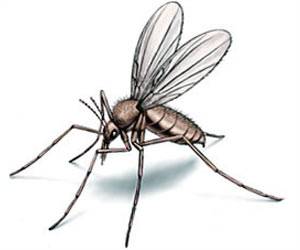
Provisional figures released by the union health and family welfare ministry, show that kala azar claimed 20 lives and afflicted 14,227 people till July.
Not only was there no safe drug to treat the infection until now, there were even reports of resistance to courses of treatment in existence. Treatment of the disease was thus becoming more expensive, said Nahid Ali of the Infectious Diseases and Immunology Division at the Indian Institute of Chemical Biology (IICB) here.
The IICB functions under the Council of Scientific and Industrial Research (CSIR).
The only oral drug for this disease, miltefosine, causes toxicity that affects the gastrointestinal and reproductive organs.
Other drugs come with adverse side-effects, poor efficacy, limited accessibility and high cost.
Advertisement
The research, conducted on mice and published in the journal "Antimicrobial Agents and Chemotherapy", shows that the compounds used could trigger a genetically commanded self-destruction process called "apoptosis" or cell suicide.
Advertisement
Leishmaniasis manifests mainly in three clinical forms: visceral leishmaniasis (VL), cutaneous leishmaniasis (CL), and mucocutaneous leishmaniasis (MCL).
The leishmania parasite invades a particular type of white blood cell that ingests foreign bodies (called a macrophage) and establishes infection.
Source-IANS










